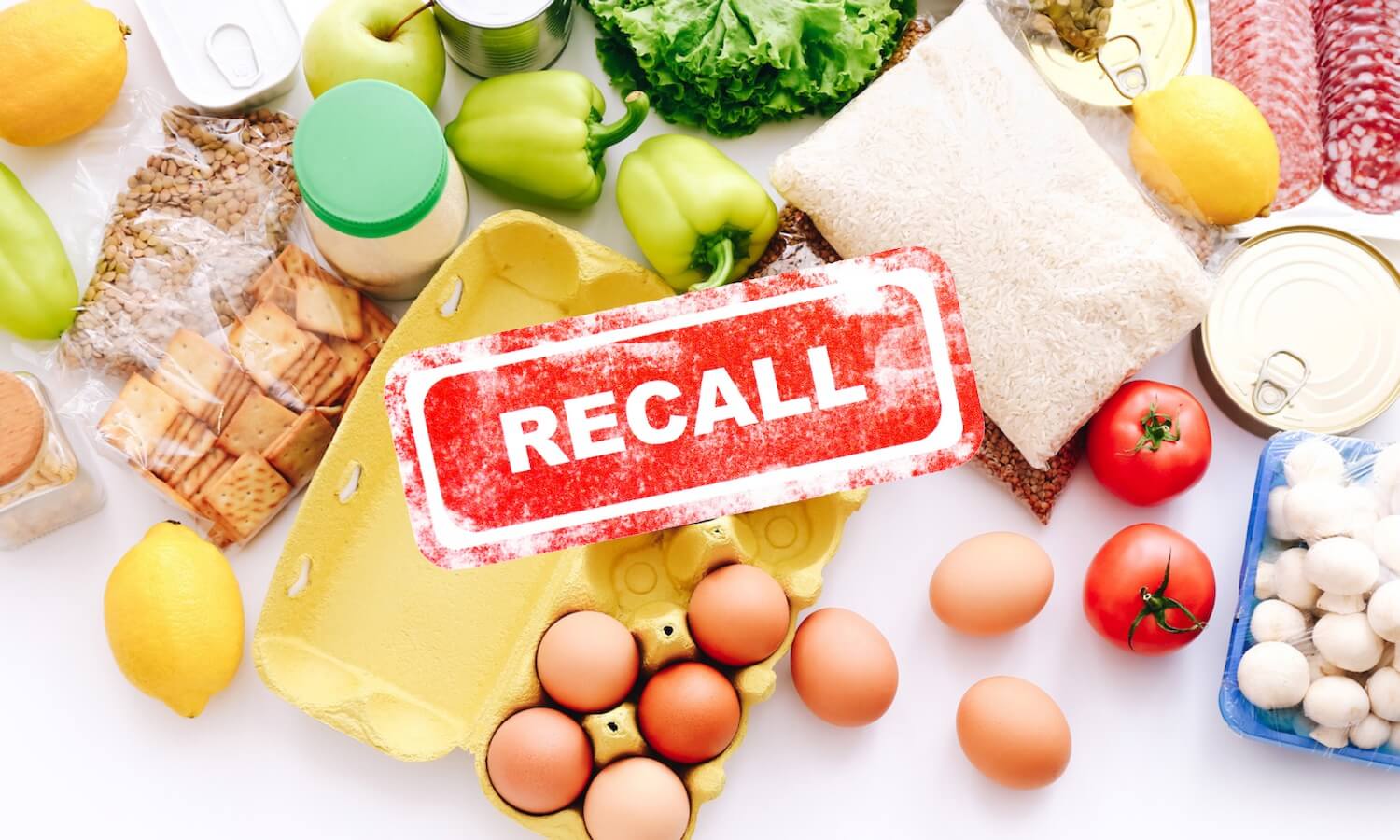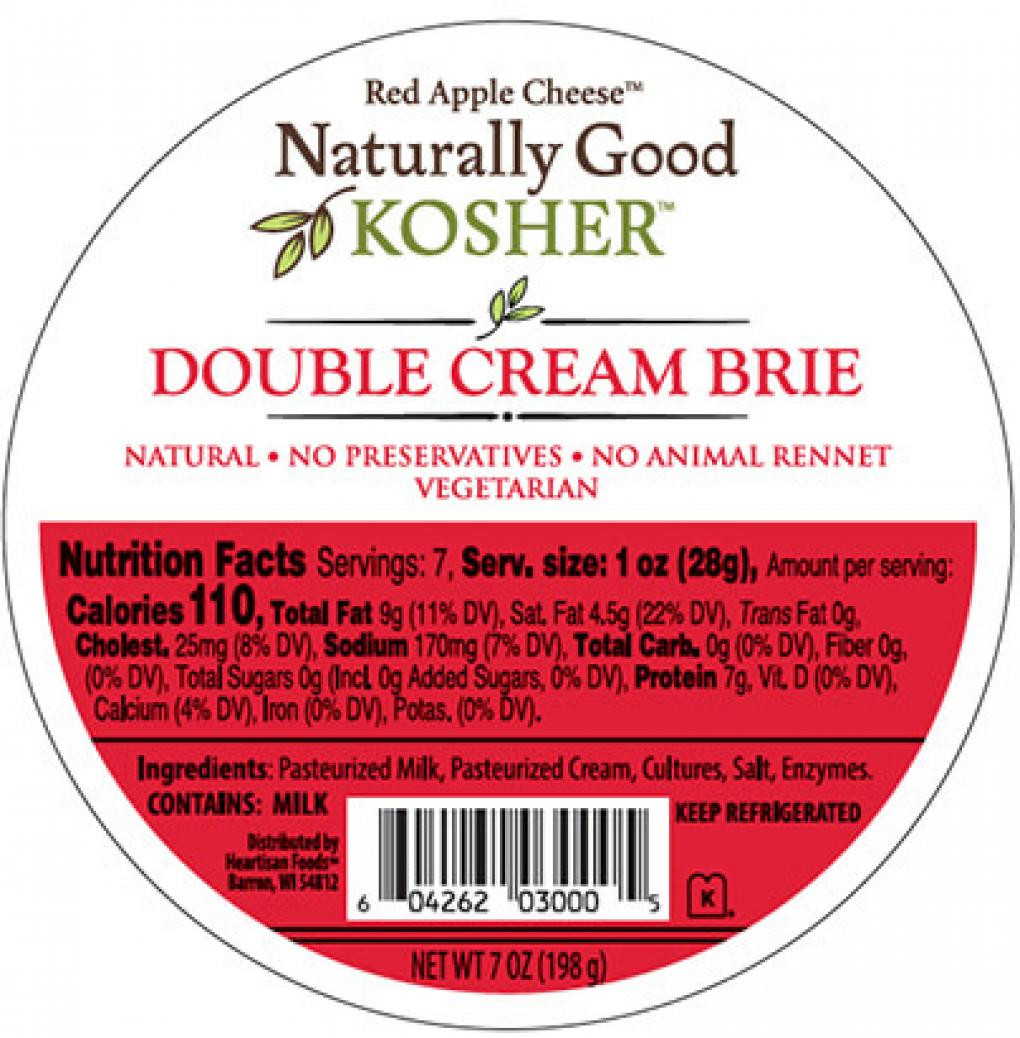Hey there, cheese lovers! Let’s talk about something serious that could leave a bad taste in your mouth—literally. Cheese recalls are becoming more common than we’d like, and if you’re not paying attention, you could be putting yourself or your loved ones at risk. But don’t panic just yet! This article is here to break it down for you in a way that’s easy to understand while keeping you informed.
Let’s face it, cheese is a staple in many of our diets. Whether it’s on a pizza, in a sandwich, or simply enjoyed as a snack, cheese brings joy to our lives. But what happens when the food we trust turns out to be unsafe? Cheese recalls are a growing concern, and it’s important to stay updated so you can protect yourself and your family.
Before we dive deeper, let’s clarify one thing: cheese recalls aren’t meant to scare you off from enjoying your favorite dairy product. Instead, they’re a safety measure to ensure the cheese you consume is free from harmful contaminants. So, grab a glass of wine (or milk, if you’re feeling extra cheesy), and let’s explore this topic together.
Read also:Ray J Net Worth The Untold Story Of Success And Fame
Why Do Cheese Recalls Happen?
So, why exactly do cheese recalls occur? Well, there are a few common culprits behind these unexpected interruptions to our cheese-loving routines. Here’s the lowdown:
- Bacterial Contamination: Salmonella, Listeria, and E. coli are some of the big players in the cheese recall game. These nasty bacteria can sneak their way into cheese during production or packaging.
- Mislabeling: Sometimes, cheese is incorrectly labeled, leading to allergens like nuts or dairy being present in products that claim to be free of them.
- Unsanitary Conditions: If a cheese producer doesn’t follow proper hygiene practices, contamination can occur, making the product unsafe for consumption.
It’s not all doom and gloom, though. Cheese producers and regulatory bodies are constantly working to improve safety standards and reduce the number of recalls.
What to Do If Your Favorite Cheese Gets Recalled
Alright, let’s say you hear about a cheese recall involving your go-to brand. What’s the next step? First, don’t freak out. Here’s what you should do:
- Check the recall details carefully. Look for specific batch numbers, expiration dates, and store locations.
- Discard any affected cheese immediately. It’s better to be safe than sorry.
- Contact the manufacturer or retailer for a refund or replacement if applicable.
Remember, your health is more important than saving a few bucks on cheese. Trust me, you’ll thank yourself later for playing it safe.
Top Cheese Recalls of the Year
Curious about the biggest cheese recalls of the year? Let’s take a look at some of the most notable ones:
Brand X Cheese Recall
Earlier this year, Brand X issued a recall after discovering traces of Listeria in their production facility. This affected several of their popular cheese varieties, leaving fans heartbroken but understanding.
Read also:Brandin Podziemski Gf The Untold Story Of Love Fame And Influence
Brand Y Cheese Recall
Not to be outdone, Brand Y faced its own recall crisis due to mislabeling. Some of their products contained undeclared allergens, which posed a serious risk to consumers with allergies.
These examples highlight the importance of staying informed and vigilant when it comes to cheese safety.
How to Spot Unsafe Cheese
While recalls are often announced by manufacturers and regulatory agencies, there are signs you can look out for to spot unsafe cheese:
- Unusual smell or taste. If your cheese smells off or tastes weird, it might be a sign of contamination.
- Mold that shouldn’t be there. While some cheeses are meant to have mold, unexpected mold growth could indicate spoilage.
- Changes in texture. If your cheese feels slimy or overly dry, it might be time to toss it.
Being observant can save you from potential foodborne illnesses, so always trust your instincts when it comes to cheese.
Who Oversees Cheese Safety?
When it comes to cheese safety, several organizations play a crucial role:
- USDA (United States Department of Agriculture): They ensure that cheese production facilities meet strict safety standards.
- FDA (Food and Drug Administration): The FDA monitors cheese imports and conducts inspections to prevent contamination.
- State Health Departments: These agencies often investigate local outbreaks and issue recalls when necessary.
These organizations work tirelessly to keep our cheese safe, but it’s up to us as consumers to stay informed and vigilant.
The Impact of Cheese Recalls on Consumers
Cheese recalls can have a significant impact on consumers, both emotionally and financially. Here’s how:
Emotional Impact
For many, cheese isn’t just food—it’s comfort. A recall can leave consumers feeling betrayed by a product they’ve trusted for years. It’s natural to feel disappointed, but remember that recalls are a sign that the system is working to protect you.
Financial Impact
Discarding recalled cheese can be a blow to your wallet, especially if you’ve stocked up on your favorites. However, many manufacturers offer refunds or replacements to help offset the cost.
Ultimately, the impact of cheese recalls serves as a reminder of the importance of food safety and the need for transparency in the food industry.
How to Stay Informed About Cheese Recalls
Staying informed about cheese recalls is easier than you might think. Here are some tips:
- Sign up for recall alerts from the FDA and USDA websites.
- Follow trusted food safety blogs and social media accounts.
- Check news outlets regularly for updates on recalls.
By staying in the loop, you can take quick action if a recall affects your favorite cheese.
Preventing Cheese Contamination: Tips for Consumers
While manufacturers bear the primary responsibility for ensuring cheese safety, consumers can also take steps to prevent contamination:
- Store cheese properly in the refrigerator at the correct temperature.
- Avoid cross-contamination by using clean utensils and surfaces when handling cheese.
- Pay attention to expiration dates and consume cheese before it goes bad.
Small actions can make a big difference in keeping your cheese safe and delicious.
What the Future Holds for Cheese Safety
Looking ahead, advancements in technology and stricter regulations promise to enhance cheese safety. From improved testing methods to better tracking systems, the future looks bright for cheese lovers everywhere.
However, it’s important to remain vigilant and continue advocating for transparency in the food industry. Together, we can ensure that cheese remains a safe and enjoyable part of our diets.
Final Thoughts: Protect Yourself, Enjoy Your Cheese
As we wrap up this deep dive into cheese recalls, remember that knowledge is power. By staying informed and taking proactive steps, you can protect yourself and your loved ones from the risks associated with contaminated cheese.
So, the next time you reach for that wedge of brie or slice of cheddar, take a moment to ensure it’s safe to eat. And if you have any thoughts or questions, feel free to drop a comment below. Sharing is caring, after all!
And hey, don’t forget to check out our other articles for more food safety tips and tricks. Your taste buds will thank you!
Table of Contents
- Why Do Cheese Recalls Happen?
- What to Do If Your Favorite Cheese Gets Recalled
- Top Cheese Recalls of the Year
- How to Spot Unsafe Cheese
- Who Oversees Cheese Safety?
- The Impact of Cheese Recalls on Consumers
- How to Stay Informed About Cheese Recalls
- Preventing Cheese Contamination: Tips for Consumers
- What the Future Holds for Cheese Safety
- Final Thoughts: Protect Yourself, Enjoy Your Cheese


